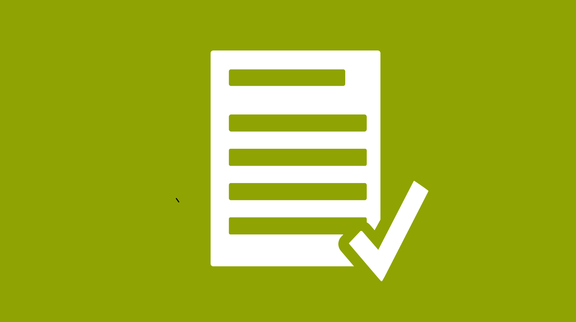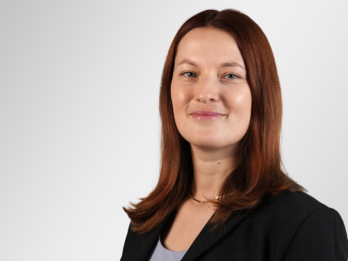News

ATHENE researchers analyse Apple's Emergency SOS
ATHENE researchers, in collaboration with the Hasso Plattner Institute, have conducted the first comprehensive security analysis of Apple's Emergency SOS via Satellite service. Despite the multi-layered encryption architecture, the analysis revealed significant security vulnerabilities that could allow attackers to circumvent geographical restrictions and send unauthorised messages.
read more
Data protection-compliant and intuitive management of patient data
As part of the ATHENE project MeDiTwin, researchers at the Fraunhofer Institutes IGD and SIT are jointly developing innovative solutions for the secure and decentralized storage of medical data in strict compliance with the EU General Data Protection Regulation. The medical digital twins designed by researchers enable fine-grained access control using attribute-based encryption and represent an alternative to centralized cloud storage solutions.
read more
ATHENE-Paper accepted at the NDSS Symposium
ATHENE researchers, led by Prof Matthias Hollick's team, have conducted a comprehensive security analysis of Apple's satellite protocol and uncovered several vulnerabilities. Their findings are summarised in their paper 'Starshields for iOS: Navigating the Security Cosmos in Satellite Communication'. In a few days, they will present it at the prestigious Network and Distributed System Security (NDSS) Symposium 2025.
read more
Prof. Mira Mezini honored as ACM Fellow
Professor Mira Mezini, who represents TU Darmstadt on the ATHENE Board, has been inducted into the circle of ACM Fellows. She is now one of 55 outstanding scientists worldwide to be named an ACM Fellow by the Association for Computing Machinery (ACM) in 2024. This award recognises their groundbreaking contributions to computer science and technology.
read more
Study "Ethics, law, and security of digital afterlife" published
New technologies such as AI enable people to live on after death in the form of digital representations (avatars) or chatbots. The digital afterlife industry, which offers such possibilities, is developing into a promising growth market. ATHENE researchers in computer science and law at Fraunhofer SIT and the International Center for Ethics in the Sciences and Humanities (IZEW) at the University of Tübingen have analyzed the technical, legal, and ethical challenges of this development. In their study “Edilife – Ethics, Law, and Security of Digital Afterlife,” they provide a systematic overview of digital afterlife. The study can be downloaded free of charge here: www.sit.fraunhofer.de/edilife-studie.
read more
